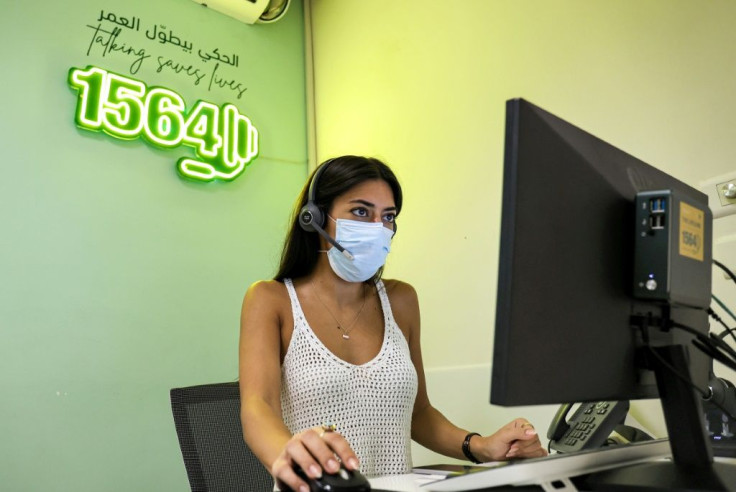US National 3 Digit Suicide Hotline, 988 Launches Tomorrow
On Saturday, a national suicide hotline will begin working in the U.S. to better address the mental health and substance abuse crisis, according to the Substance Abuse and Mental Health Services Administration (SAMHSA).
The three-digit number, 988, will replace a 10-digit hotline set up by the National Suicide Prevention Lifeline. Users can either call or text the number.
The 10-digit number will remain active, but all those calls will transfer to the 988 hotlines. President Joe Biden’s administration increased funds for the program from $24 million to $423 million.
With this new number and more resources, the goal is to provide better access to mental health care that does not rely on law enforcement. Right now, less than 2% of emergency calls require connection to emergency services, and sometimes the situation ends tragically when the police come.
According to Benjamin Miller, president of Well Being Trust, over "2 million people with serious mental illness" went to jail last year. 988 should be a safer, more widely known, and more effective alternative.
"Mental health crises overwhelmingly result in a law enforcement response . . . about 20% of [police] total staff time is spent responding and transporting individuals who are experiencing a mental health crisis," Miller told NPR.
In fact, SAMHSA does not mean for the number to be an immediate response unit, but rather a place for people to talk. Still, the number is not only for suicide or imminent mental crisis but also for those struggling with mental health or substance abuse.
It is also easier to remember, making it more accessible to more people in the U.S. in the midst of mental health crises. The responders for 988 were also explicitly trained to address mental health crises.
"988 is an easier-to-remember way to access a strengthened and expanded network of crisis call centers," according to SAMHSA.

© Copyright IBTimes 2024. All rights reserved.






















